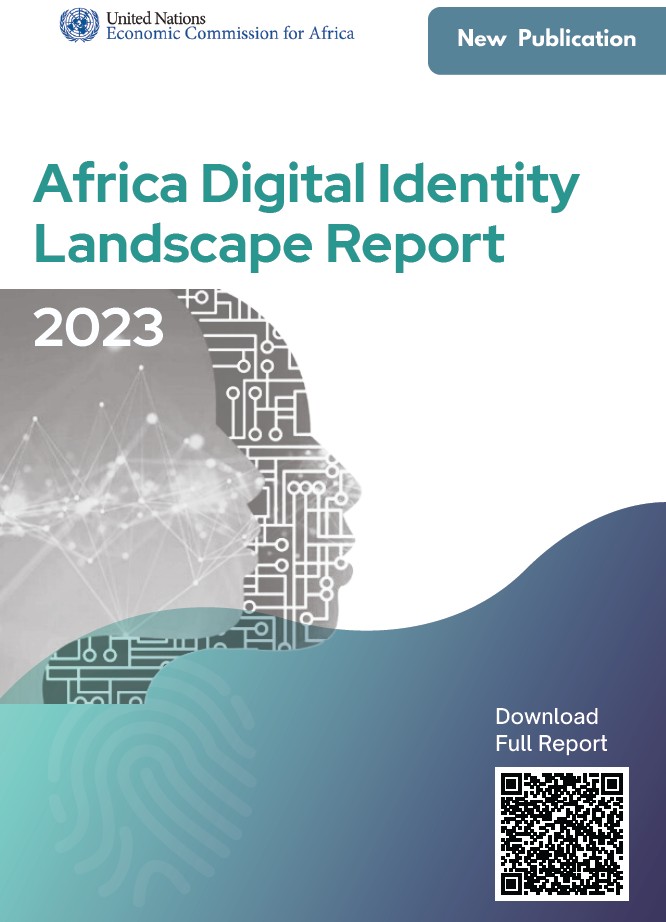According to the World Bank, well over 500 million Africans still lack any form of identification. This lack of identity implies that about half of the continent’s population is not only disempowered from meaningfully participating in the productive process to generate economic growth but is also limited from accessing various services to improve their well-being.
ECA is supporting member states in the implementation of the Good Digital ID Framework Principles in six focus countries (Botswana, Ethiopia, The Gambia, Nigeria, Togo & Zimbabwe) in partnership with several partners including Mastercard and UNICEF. The preliminary work has been done in Togo, Ethiopia, and Kaduna State in Nigeria.
Case of: Kaduna State, Nigeria
Overview
Upon the official request of the Governor of the State of Kaduna, ECA has embarked on providing technical and financial support for the operationalization of the Digital ID Use Cases in the regional State. The regional State has a population of close to 10 million and only half of them have access to the NIMC provide national Identification number (NIN). While working to expand the coverage the regional government envisaged to strengthen the productivity of the NIN for inclusive growth and sustainable development in the region guided by a five-year digital development plan.
ECA's technical support is composed of the recruitment of National Consultants, data collectors, and analysts for developing the API integration with the Master Data Management framework of NIMC as well as designing interoperability and high-valued use cases for building prioritization frameworks.
Key results
-
The high-value uses case prioritization is currently ranked and arranged in alignment with the Principles of Good Digital ID.
-
Three publications are prepared under the study ‘Enhancing functionality of digital ID systems use cases identification and optimization for the Kaduna State government' namely: Independent Assessment of Potential High-Value Use Cases, Use Case Prioritization Framework, and Use Case Digital Identity Strategy.
Case of: Ethiopian National ID
Overview
The lack of a Digital ID law had been seen as a major risk by key financial partners. The UNECA's support has helped restore confidence and de-risk the process, which led to the approval of the Digital ID law on the 14th of August 2022 by the FDRE Council of Ministers.
As a result of the ECA's support, Ethiopia's NID program has managed to advance the draft ID law process and the requisite consultations with key public, Private and Civil society organizations. A total of 125,000 residents have been issued with a Digital ID during the National Identification Program's pilot phase, and more than 500,000 residents are expected to be registered during the pre-launch phase.
Key results
-
ECA's support has helped restore confidence and de-risk the process, which led to the approval of the Digital ID law on the 14th of August 2022 by the FDRE Council of Ministers.
-
A total of 1,125,000 residents have been issued with a Digital ID during the National Identification Program's pilot phase. The goal is to register a total of 25 million residents by 2023.

